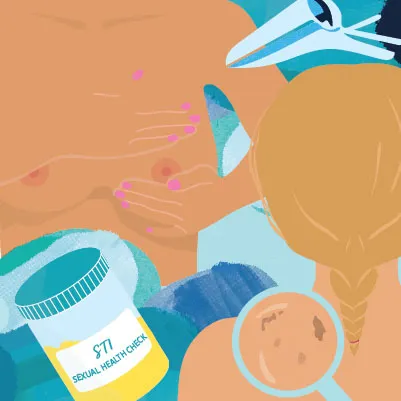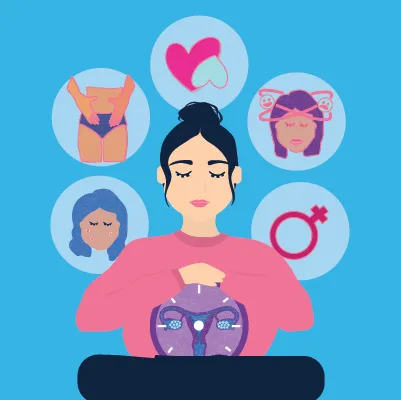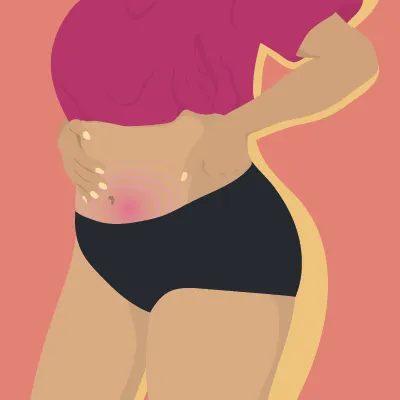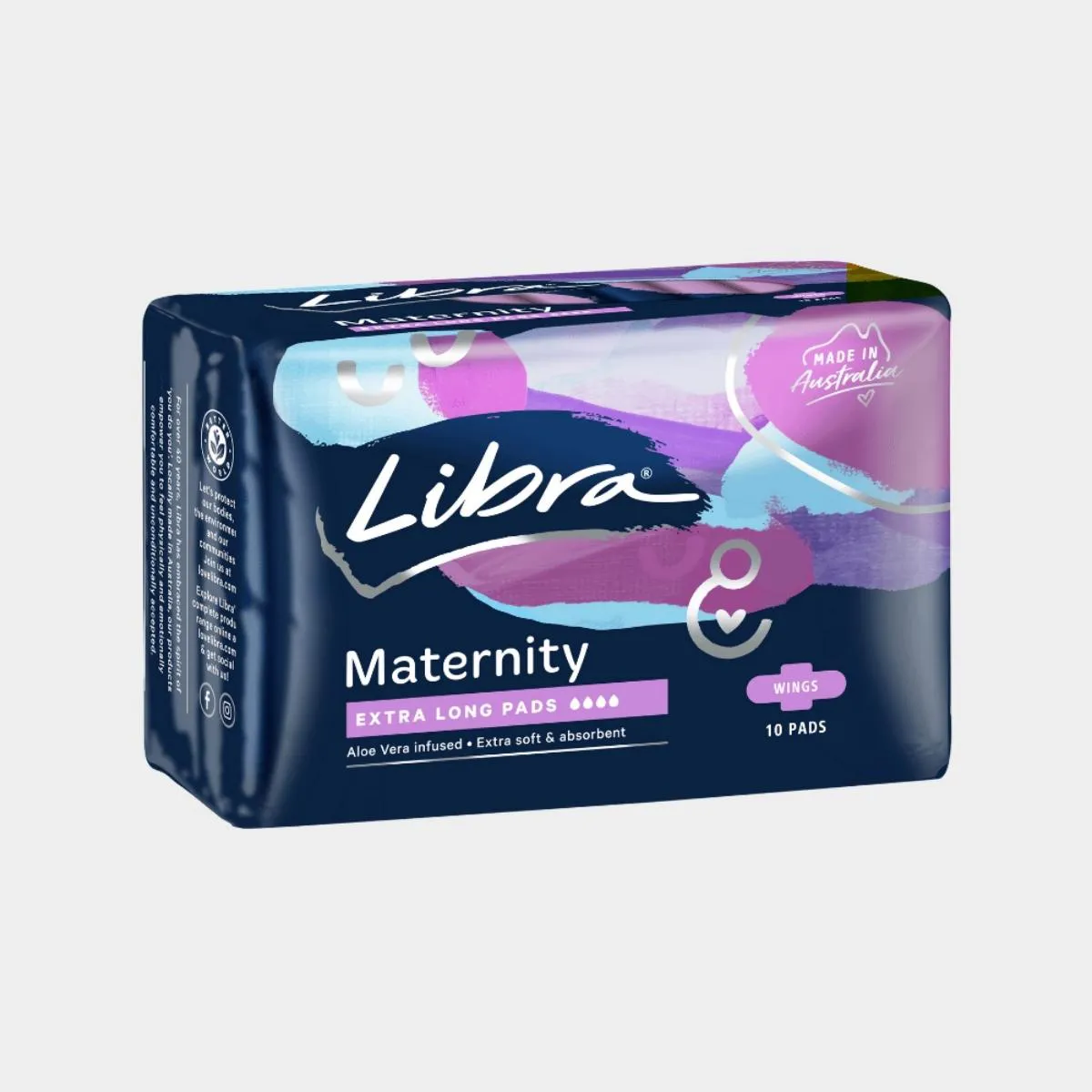Apr 04, 2018
Understanding Ovulation and Your Menstrual Cycle
With every monthly menstrual cycle, your body is preparing for a potential pregnancy.
Ovulation. It’s a term that we relate to, a feeling of bloating, and that window where you’re most fertile, right? Well yes, but so much more happens. Read on to be amazed by the female body.
So, let’s get into the deets. What exactly is Ovulation? It’s the development and release of an ovum (the egg) from a woman’s ovaries, that is swept down the fallopian tube. It is the fertile phase of the menstrual cycle and where fertilisation with sperm may occur. For most, this occurs about 14 days before the end of the cycle, regardless of the length of your cycle.
How do you know if you’re ovulating?
The female body is rather incredible and shares with us some pretty cool signs:
- Cervical mucus changes. One of the most apparent signs of Ovulation that occurs about two weeks before your period is an increase in volume and changes in the texture of your cervical mucus. Whereas it may have been cloudy, it becomes clear, slippery and often described as the consistency of raw egg whites. What’s amazing, is that this change in the consistency of the cervical mucus is designed to allow sperm to move freely through the cervix and into the fallopian tubes, to help the survival of the sperm until the egg is released.
- Abdominal pain. Some women experience pain during ovulation, which may be general all over pain, or localised to one side of the stomach.
- Premenstrual symptoms. Ovulation may partner with premenstrual symptoms such as breast tenderness and enlargement, abdominal bloating and moodiness. Ugh! Thanks bod.
- Temperature rise. Immediately after the egg has been released from the ovary, the empty follicle starts to produce a number of hormones designed to prepare your body for a possible pregnancy. One of these hormones, progesterone, causes your basal body temperature to rise, which will remain at that level for the rest of the month. The temperature rise is about half a degree, so super slight, but detectable with basal body thermometers. This temperature rise is not so much a sign of ovulation but instead suggesting that ovulation has already taken place.
- Increased libido a.k.a. sexual desire. This ovulation symptom makes sense biologically, hey! The increase in certain hormones, such as oestrogen, testosterone and luteinising hormone in the lead-up to ovulation often triggers higher than usual sexual desire.
One thing to remember, is that if you’re on a contraceptive like the pill, these ovulation symptoms will be suppressed, so don’t stress if they don’t resonate with you.
If you’re wanting to get pregnant? To increase your chances of falling pregnant, you should have sex during the time spanning a few days before ovulation to about 24 hours after. The reason is that sperm can live up to five to six days, but the egg survives for just 12 – 24 hours after being released.
What happens next? Two things can happen after ovulation. 1) The egg is fertilised by the sperm and you’re in the very early stages of pregnancy. Or, 2) Conception didn’t take place this cycle and the unfertilised egg will be absorbed into the uterine lining and shed in your next period.
Where to go for more information, support or help? Your GP is always the best starting point.
Love, Libra x
Anything else? Asaleo Care makes no warranties or representations regarding the completeness or accuracy of the information. This information should be used only as a guide and should not be relied upon as a substitute for professional, medical or other health professional advice.
Articles

Are you up to date with your health checks?

What You Need to Know About Menstrual Cycle Hormones

Why Do My Periods Sync with My Friends?

Why am I getting a burning feeling on my period?


